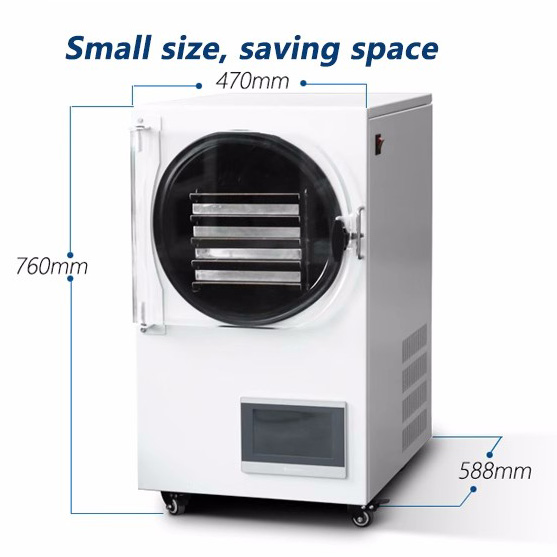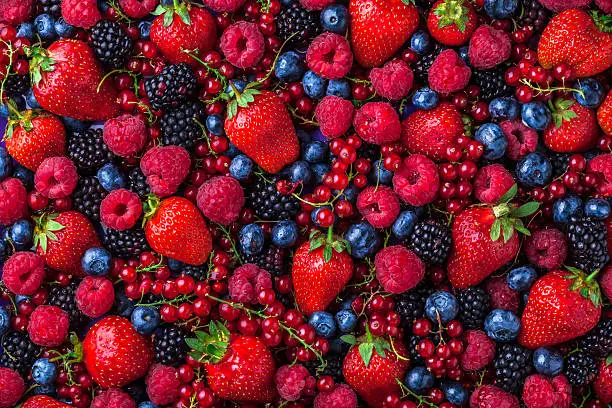Have you ever been confused: Are freeze-drying and dehydrating the same? What makes them different?
Today, let’s find the answer to this question together.
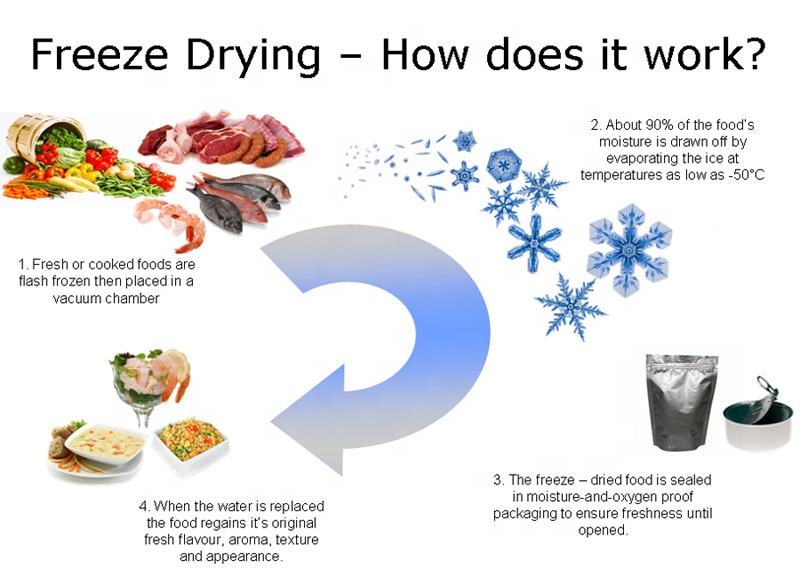
Principles of Freeze-Drying and Dehydrating
Principle of Freeze-Drying: Freeze-drying involves placing food in a low-temperature vacuum, causing the water in the food to sublimate directly from solid to vapor. This process removes the moisture from the food but retains other nutrients well, and the original texture and taste of the food do not change.
Principle of Dehydration: Dehydration removes moisture from food through the circulation of hot air, a traditional and more easily operated method. However, because the dehydration process involves high temperatures, it usually leads to the loss of some nutrients, especially heat-sensitive vitamins (such as Vitamin A and Vitamin C). Additionally, the high temperatures can also change the texture and taste of the food.
Nutritional Content
We know that the freeze-drying process occurs at low temperatures, so the nutrients in the food are not damaged or lost. Foods preserved by freeze-drying retain their nutrients perfectly. The texture and taste of freeze-dried food almost do not change after rehydration, which is incomparable to any other preservation method.
Conversely, because dehydration is conducted at high temperatures, many nutrients in the food, especially certain light-sensitive and heat-sensitive nutrients (such as Vitamin A and Vitamin C), are lost. Moreover, the high temperatures can also alter the texture of the food.
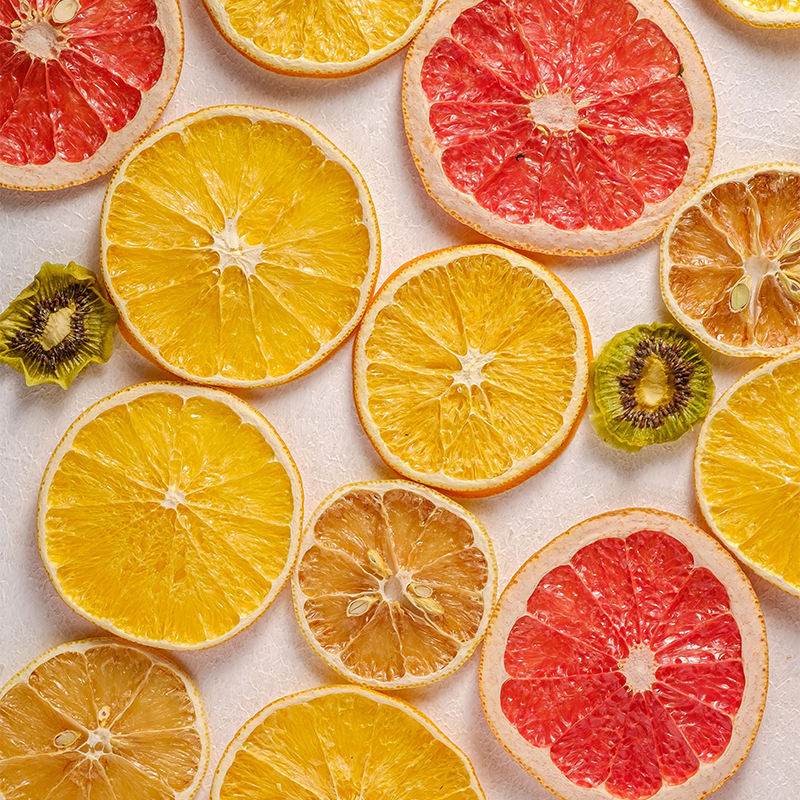
Shelf Life and Storage
One of the biggest advantages of freeze-dried food is its extended shelf life. Since the freeze-drying process removes almost all moisture from the food (home freeze-dryers can remove 99.5% of the moisture), freeze-dried food can remain nutritious for a long time without the need for any preservatives. Under ideal storage conditions, freeze-dried food can be preserved for over 25 years.You can read this article for more details:How Long Does Freeze Dry Food Last?
Dehydrated food also has a long shelf life, but there is a significant difference compared to freeze-dried food. Most dehydrated foods only remove 75% to 95% of the moisture, meaning they still contain a certain amount of water. Therefore, the shelf life of dehydrated food is less than that of freeze-dried food; under ideal conditions, dehydrated food can last for 10 to 15 years.
For storing both freeze-dried and dehydrated foods, it is recommended to keep them in a cool, dry environment and avoid direct sunlight to extend the storage time.
Taste and Texture
Based on the principles of freeze-drying and dehydration, we know that freeze-drying can better preserve the original taste, color, and texture of the food. Freeze-dried food tastes closer to fresh food, and if freeze-dried food is rehydrated, the taste is almost the same.
Dehydrated food, because it is made in a high-temperature environment, might have a change in taste. However, dehydrated food is chewier, completely different from the crisp texture of freeze-dried food.
Range of Application
The application of freeze-drying technology is very broad, used to preserve a variety of foods, such as common fruits, meats, vegetables, candies, milk, breast milk, etc., and even in scientific research, chemical fields, and laboratories. The application of dehydration technology is relatively limited, usually only applied to foods with a lower water content, like meats or certain fruits.
Rehydration Process
Rehydrating freeze-dried food is very simple; just mixing the food with the appropriate proportion of warm water can restore it to its fresh state, almost indistinguishable from the food before freeze-drying, whether in color, taste, or nutrition. However, even with added moisture, dehydrated food cannot be restored to its original state, whether in texture or taste. This is because the high temperatures of the dehydration process change the structure of the food, making it impossible to return to its original form.
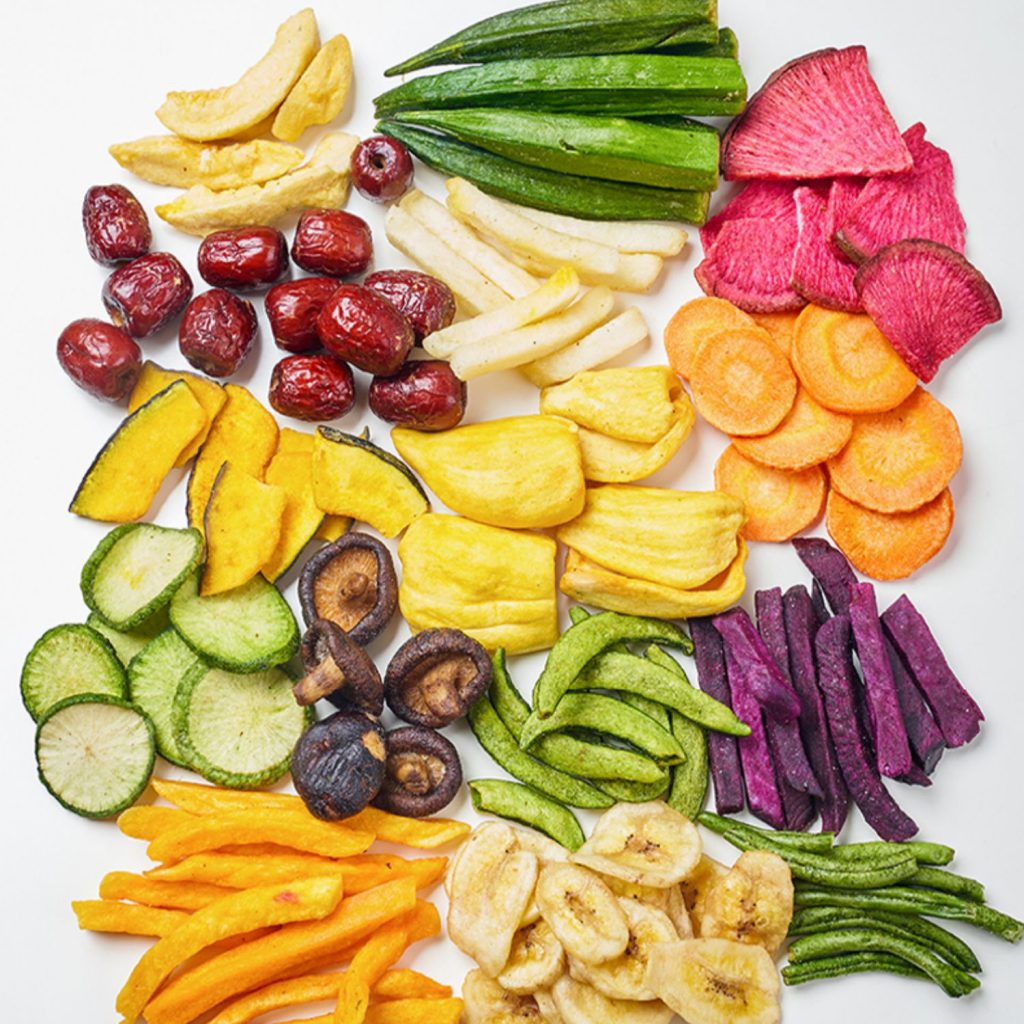
Cost and Investment
From the comparison above, we know that freeze-dried food has significant advantages over dehydrated food in terms of nutritional content, shelf life, and taste and texture. However, freeze-drying requires specialized equipment and a higher cost investment. On the other hand, dehydration equipment is more economical and cheaper than freeze-drying equipment, and the operating cost is also lower than that of a freeze-dryer. In this respect, dehydration has an advantage.
In summary, both freeze-drying and dehydration have their own advantages. Freeze-dried food is of higher quality but at a higher cost, while dehydration is a more economical and practical food preservation method. The choice between freeze-drying and dehydration depends on your actual needs.


